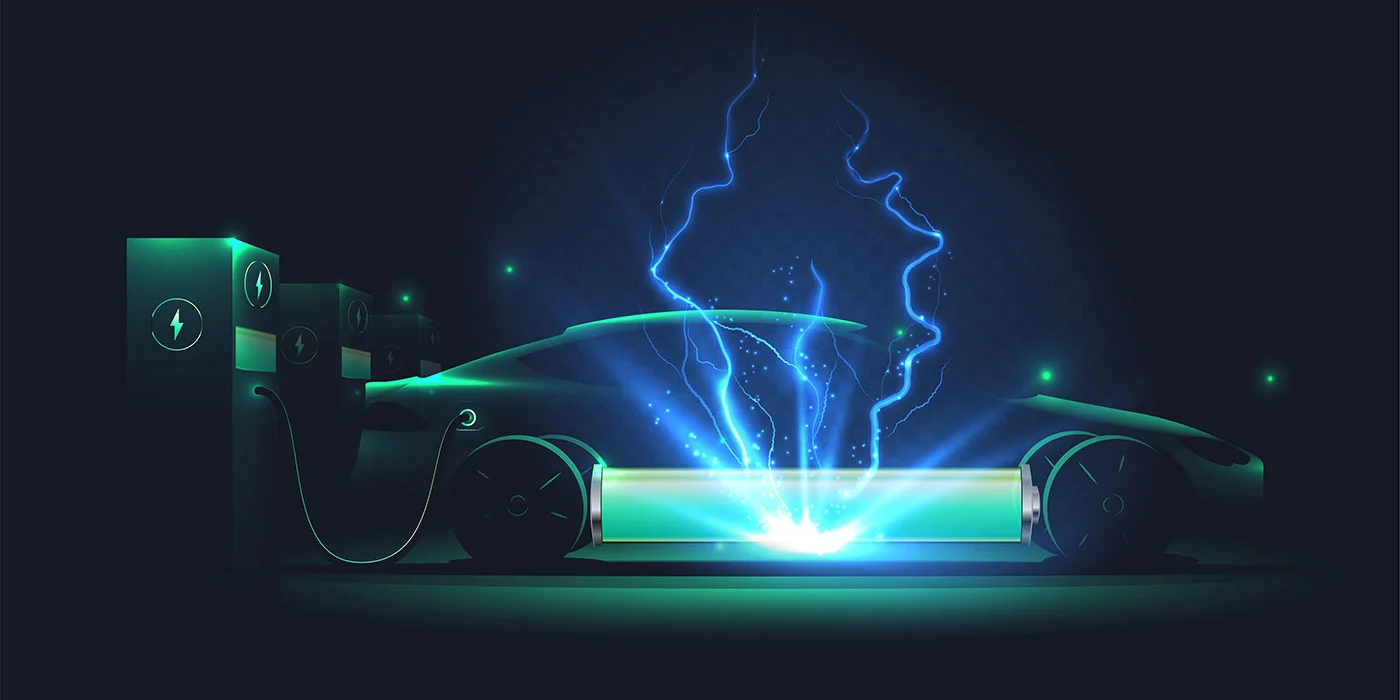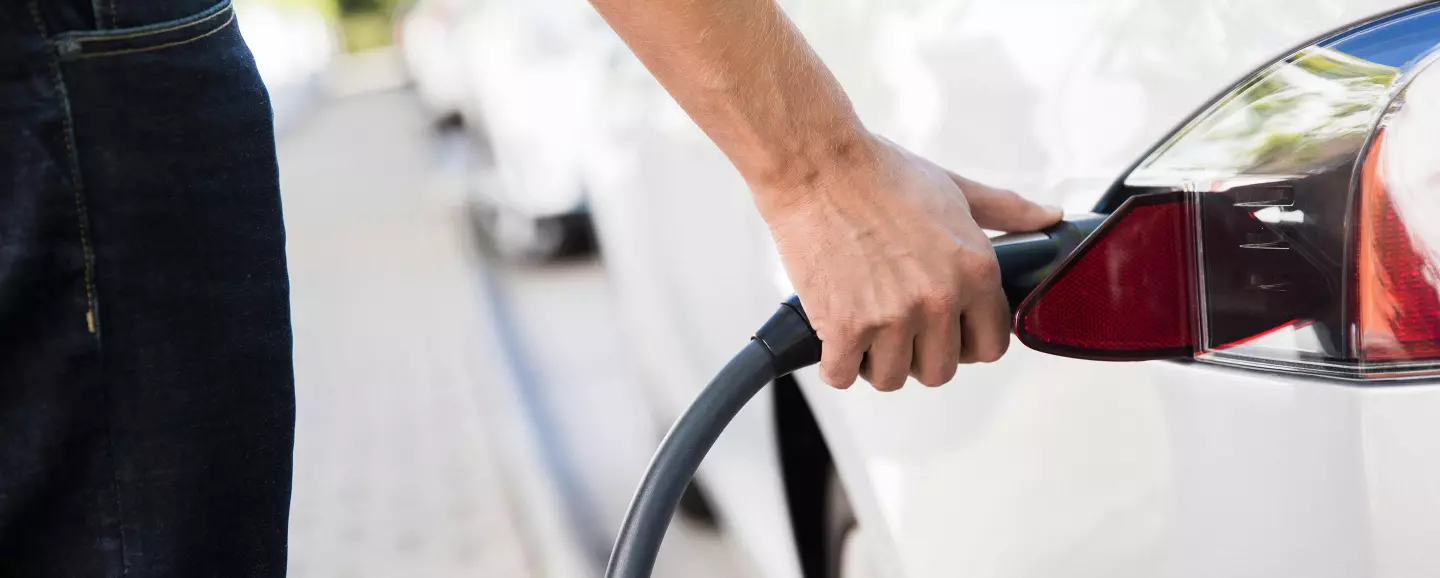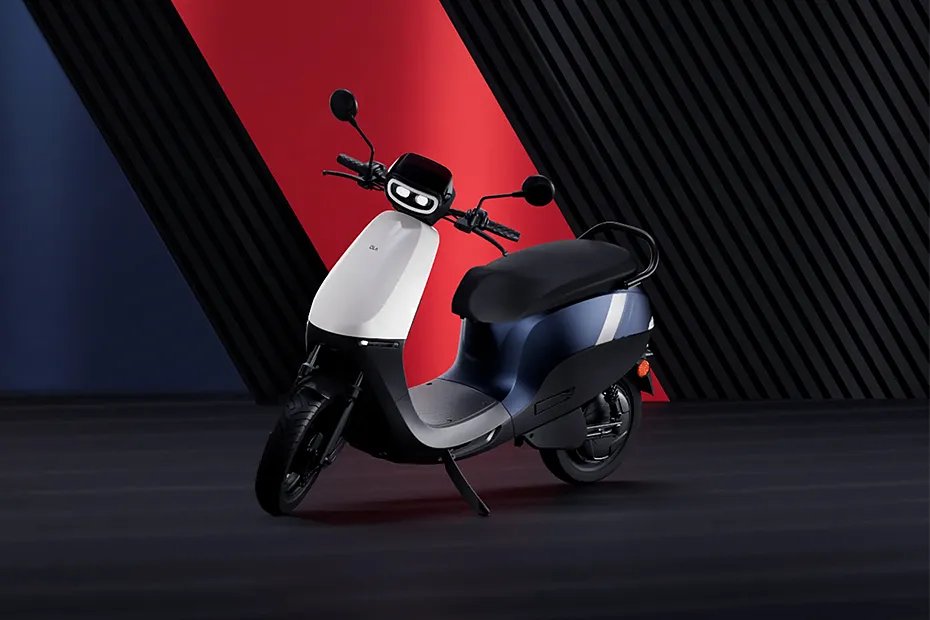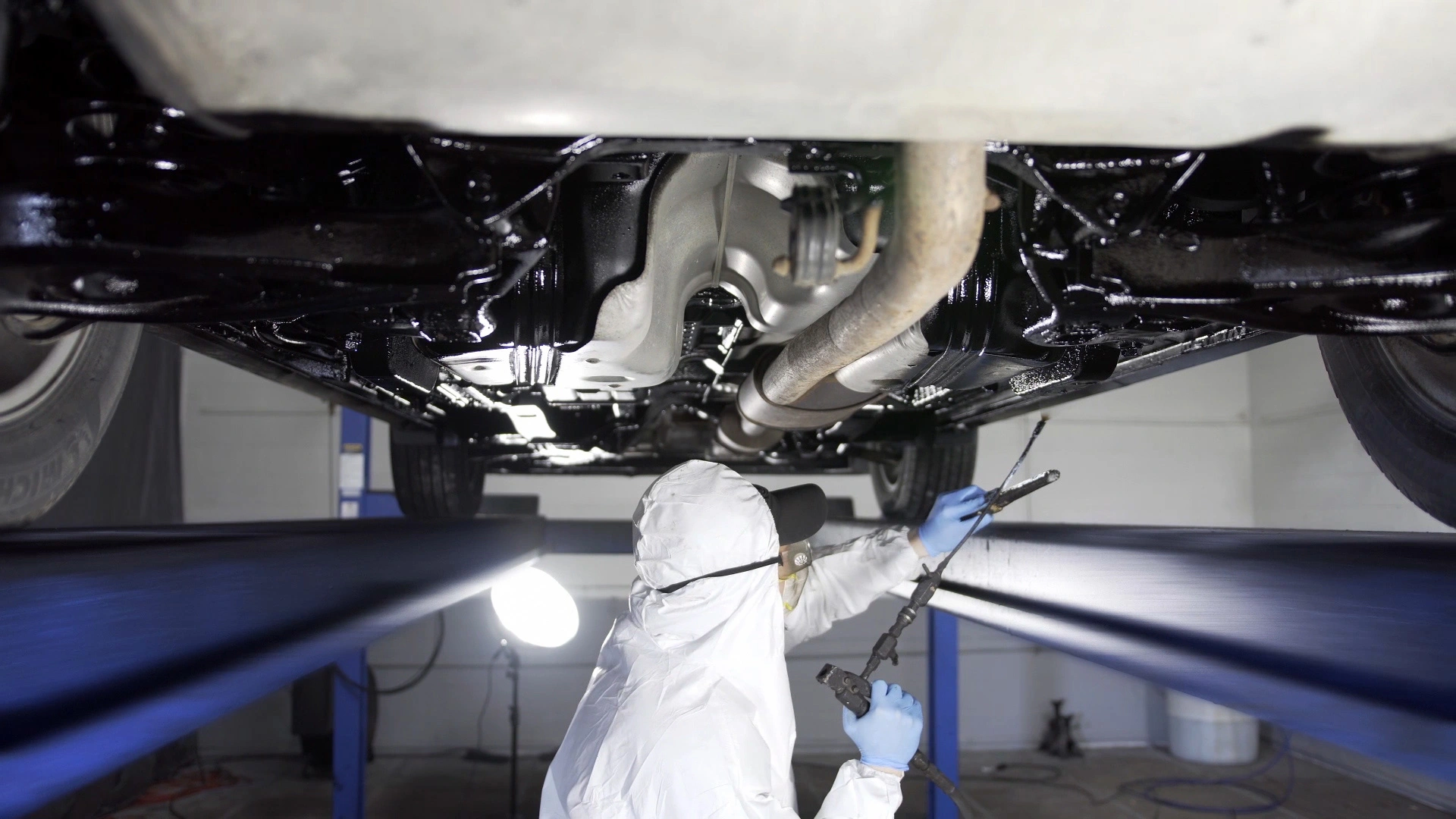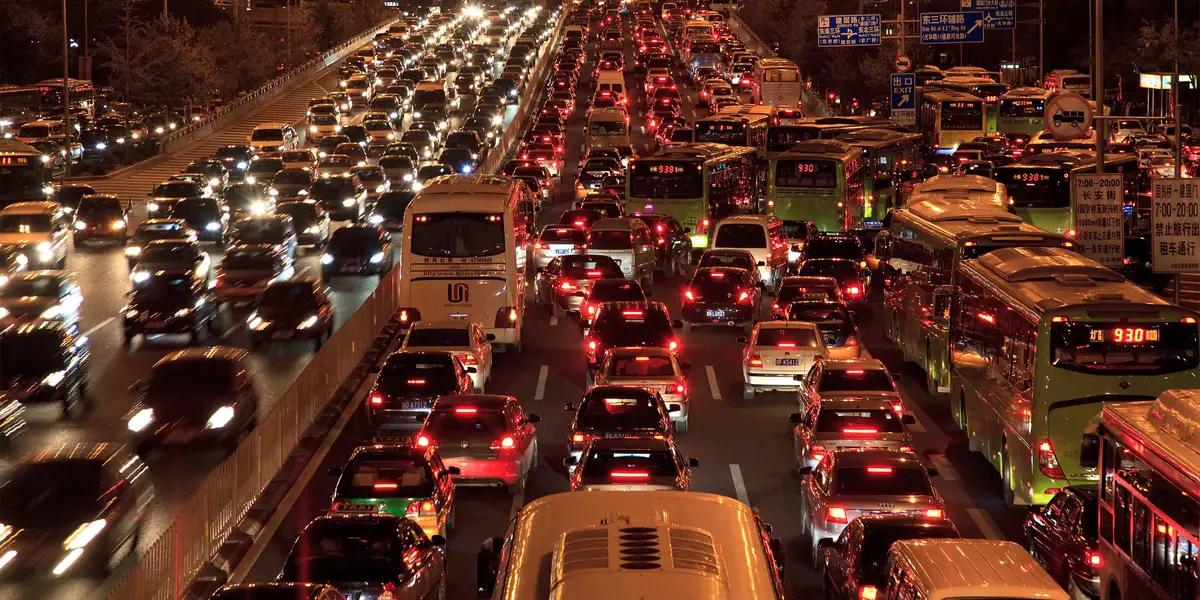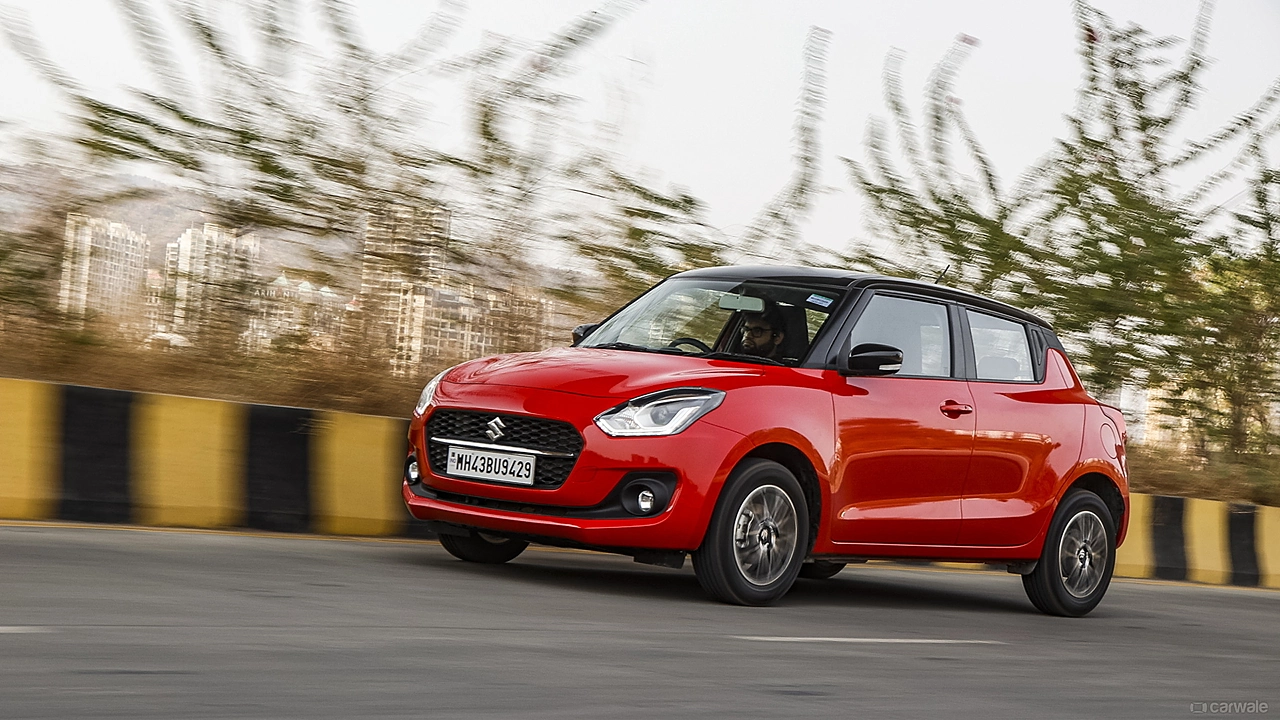April's first half marked a pivotal moment in India's electric vehicle (EV) journey, with a surge of strategic collaborations and investments driving forward the nation's EV ecosystem. These developments are poised to revolutionise India's transportation landscape and pave the way for widespread adoption of electric mobility.
Charging Infrastructure Reinvented:
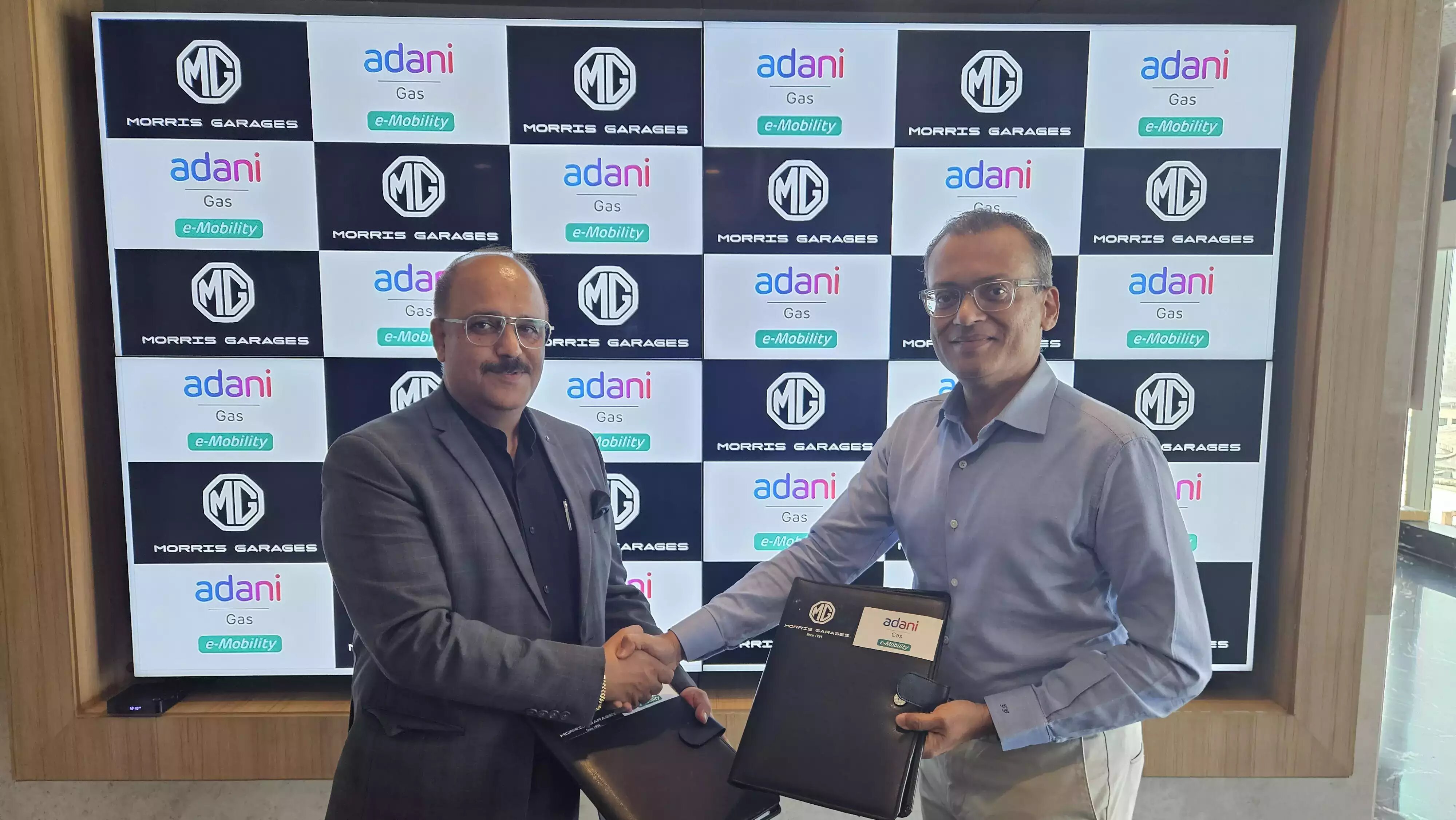
Leading the charge, MG Motor India forged a transformative Memorandum of Understanding (MoU) with Adani TotalEnergies E-Mobility Limited. This groundbreaking collaboration aims to establish cutting-edge DC chargers at upcoming MG dealerships, revolutionizing the accessibility and reliability of charging solutions for MG's electric vehicle lineup. Simultaneously, Tata Passenger Electric Mobility Limited joined forces with Shell India Markets Private Limited, embarking on a mission to deploy strategically located chargers catering to the burgeoning Tata EV fleet across India.
The Need for Robust Charging Networks:
India's EV charging infrastructure has been a focal point, with challenges such as range anxiety and insufficient charging stations hindering widespread adoption. The stark contrast between the current 12,146 public EV charging stations and the burgeoning fleet of 33 lakh registered EVs underscores the urgency for rapid infrastructure expansion. Initiatives like these partnerships and investments are instrumental in bridging this gap and creating a seamless charging experience for EV owners nationwide.
Also read out article on: Wireless EV charging? Here's how e-transport will look like in 10 years
Empowering Localised Battery Production:
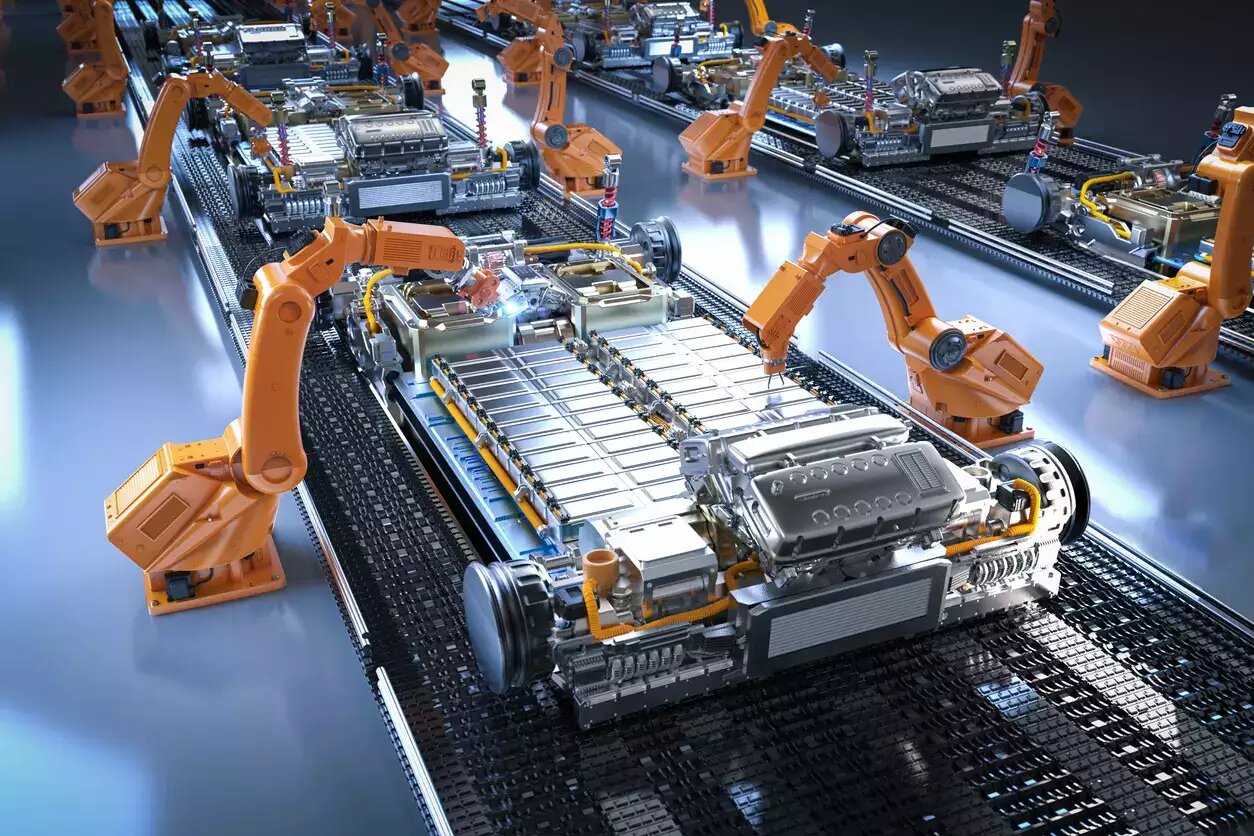
In tandem with charging advancements, efforts to localise EV battery production have gained momentum. Exide Energy Solutions Limited, a subsidiary of Exide Industries Limited, embarked on a transformative journey by signing an MoU with automotive giants Hyundai Motor and Kia Corporation. This strategic alliance aims to manufacture lithium-iron-phosphate (LFP) cells, marking a significant stride towards self-reliance and sustainability in the EV battery domain.
Pioneering Battery Storage Innovations:
The collaboration between Indian Oil Corporation (IOC) and Panasonic represents another milestone in battery technology. Focused on producing cylindrical lithium-ion batteries for EVs and consumer electronics, this partnership delves deeper into developing advanced battery storage systems crucial for grid integration and addressing energy intermittency challenges.
Charting the Path Forward:
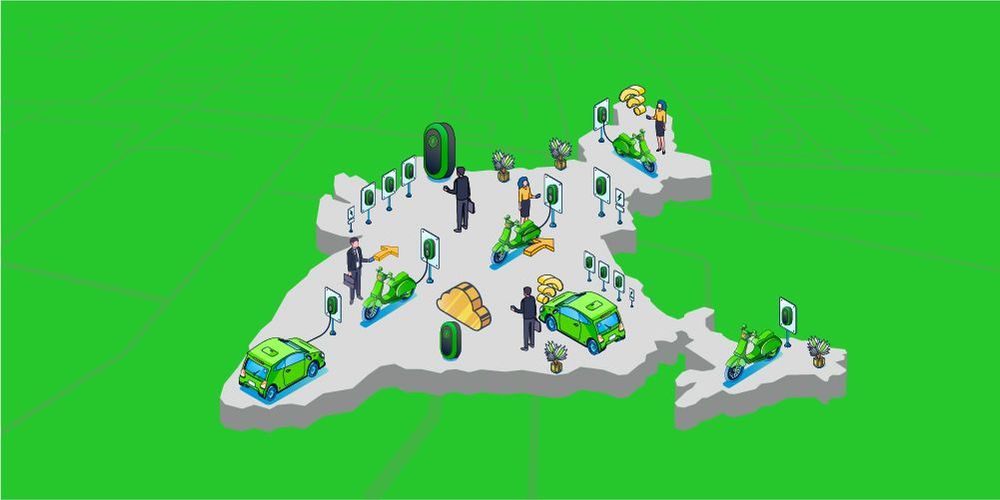
These dynamic partnerships and investments serve as catalysts for India's EV revolution, propelling the nation towards a cleaner, greener transportation paradigm. As the EV ecosystem continues to evolve, collaborative efforts in charging infrastructure and battery technology will play a pivotal role in shaping a sustainable and electrified future for India's mobility landscape. The surge of strategic collaborations and investments in India's electric vehicle (EV) sector signals a transformative shift in the transportation landscape. These partnerships are driving crucial advancements in charging infrastructure, localised battery production, and battery storage innovations, laying the foundation for widespread adoption of electric mobility. Together, they represent a collective commitment to a cleaner, greener transportation future in India.
Also read our article on: Bharat Charge Alliance plans to set up over 5000 interoperable charging stations

